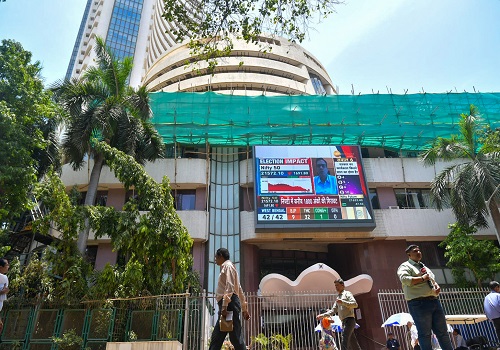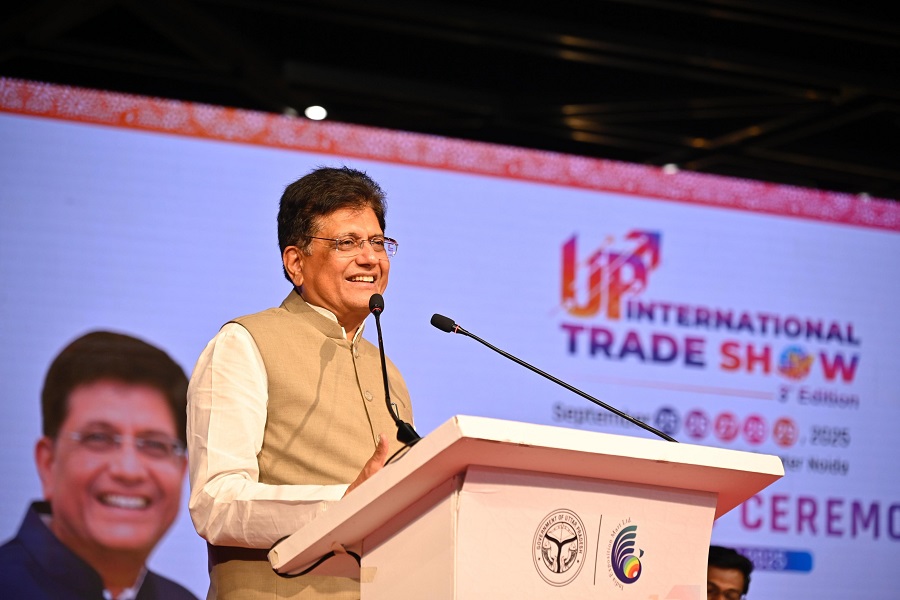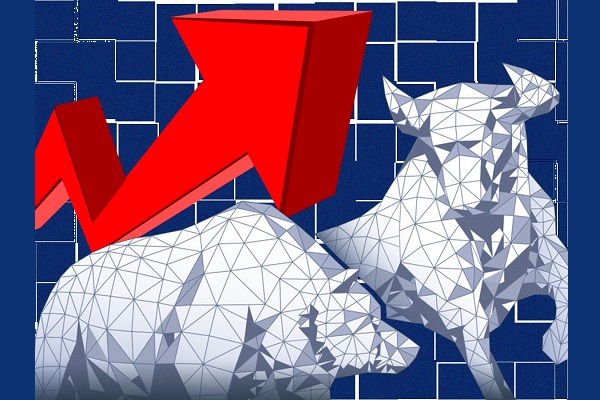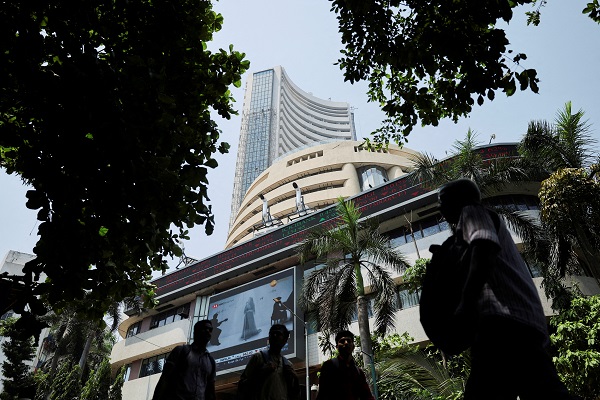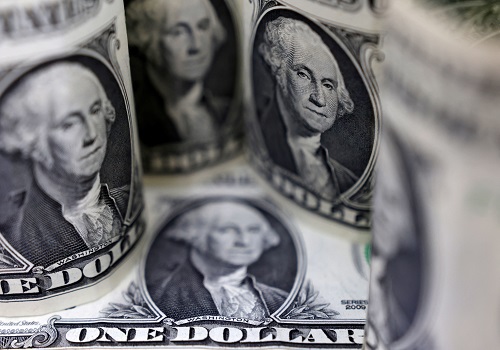Indian shares defy Asia slump on relatively lower US tariffs
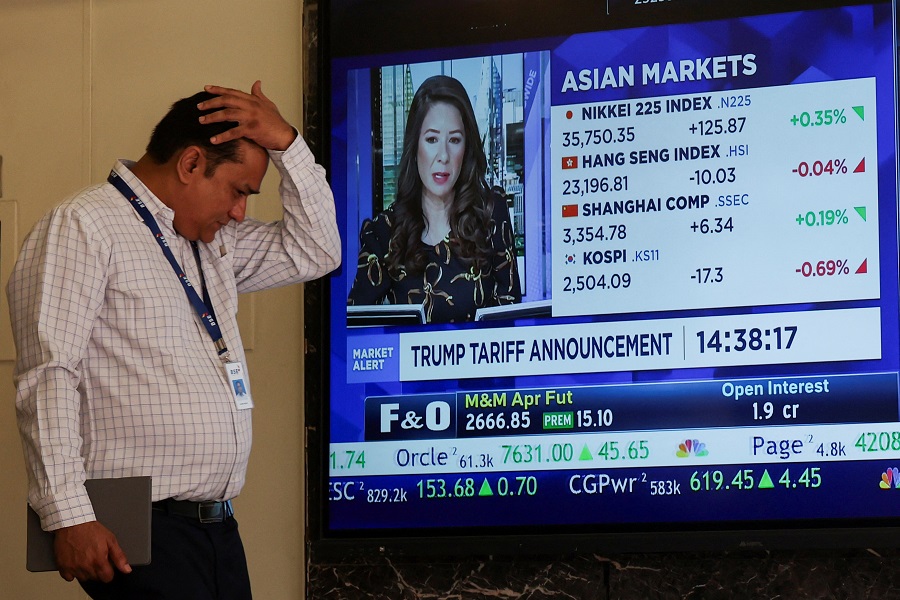
India's shares fell on Thursday after the U.S. imposed 26% reciprocal tariffs, but a surge in pharma companies on their exemption from the duties helped cushion the blow as did a relatively lower tariff rate compared to its Asian peers.
U.S. President Donald Trump on Wednesday slapped a 26% reciprocal tariff on India as a part of his plan to impose a 10% baseline tariff on all trade partners from April 5, with higher duties on dozens of other countries, including 34% on China from April 9.
The Nifty 50 traded 0.2% lower at 23,285.6 as of 10:45 a.m. IST, while the BSE Sensex fell 0.27% to 76,410.8. Key indexes in China fell 1.5%, while Thailand and Vietnam traded 1% and 6.1% lower.
The Indian mid-cap index was down 0.2%, while the small-caps rose 0.2%.
Analysts said the immediate sentiment impact on Indian markets is negative due to concerns over global trade and growth, but noted that the reciprocal tariffs are lower than those imposed on Asian exporters such as China, Vietnam, and Thailand, potentially giving India a competitive edge.
"The latest round of tariffs may help Indian exports get more competitive compared to China and Vietnam, which had a market share of 21% and 19%, respectively, compared to India's 6%," Devarsh Vakil, head of prime research at HDFC Securities said.
The pharma index jumped 2.6% after Trump exempted pharmaceutical products from the list of imports hit by reciprocal tariffs, offering a silver lining to the market.
Dr Reddy's advanced 6% and was the top gainer on the Nifty 50. Gland Pharma surged 12% and was the top gainer among pharma stocks.
"The exemption given for the pharma sector is a positive given the sector's large exposure to the U.S.," said Sonam Srivastava, founder and fund manager at Wright Research PMS.
The IT index fell 3.3% and was the top sectoral loser for the day, with analysts warning that it could derail market momentum in the near-term.
"The reciprocal tariff imposition reignites concerns over growth in the U.S. which could directly hurt client spending and delay the recovery in the sector," said Vinit Bolinjkar, head of research at Ventura Securities.








